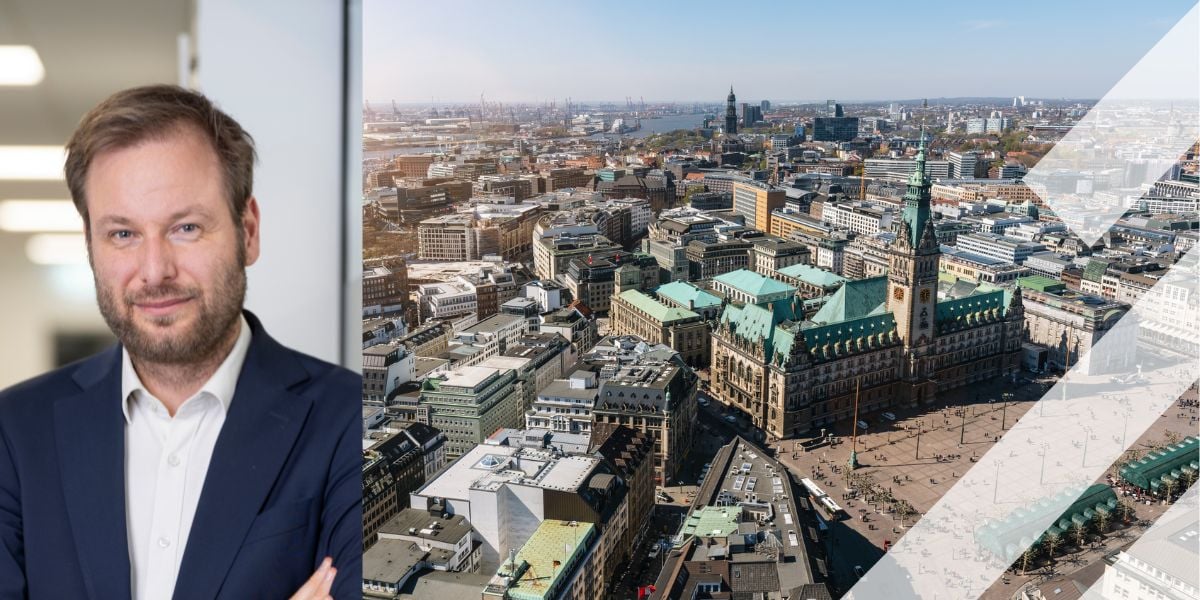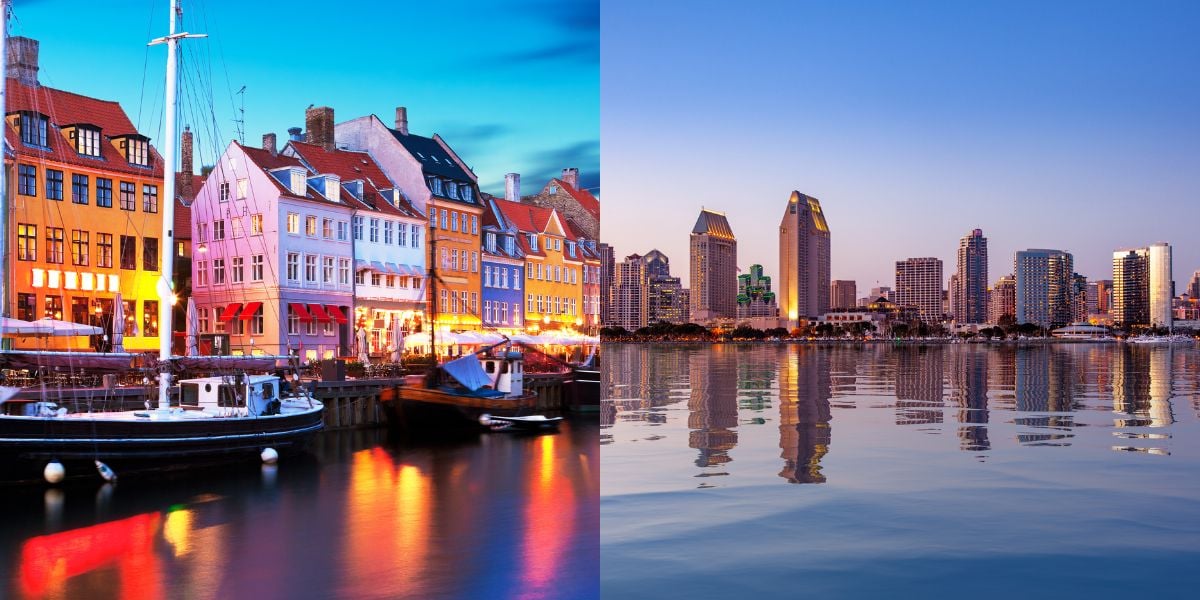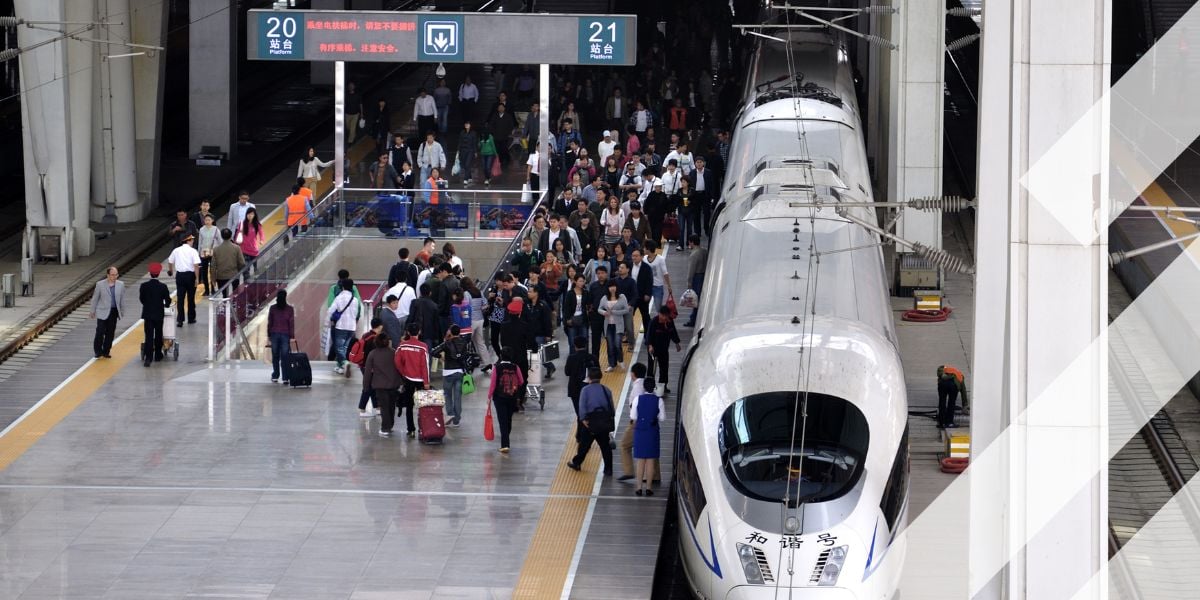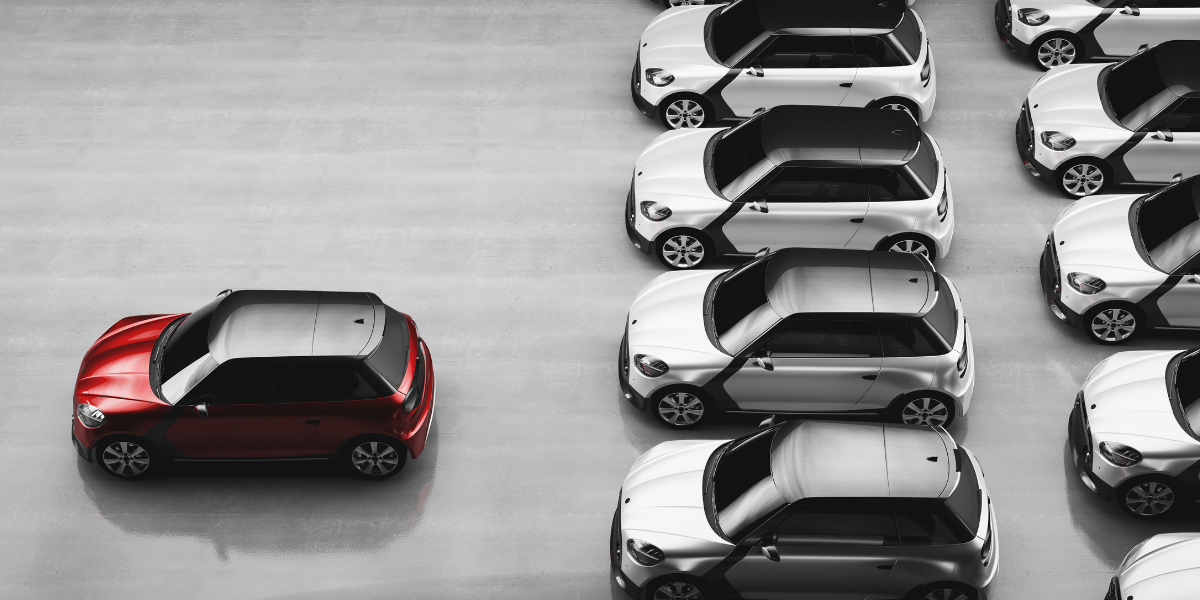Meet traffic technology & Mobility professionals at Intertraffic China
Intertraffic China is host to a large mix of national and international brands and therefore presents an outstanding opportunity to connect and engage with senior buyers, meet potential partners and select distributor candidates. Attracting 15,000+ visitors from 80+ countries, including the entire Asian region, the business potential reaches far beyond Chinese borders. With nine Thematic Pavilions (AI; Bridges & Tunnels; Infrastructure & Road Safety; Intelligent Lighting & Poles; Law Enforcement & Management; Maintenance, Detection & Materials; Micromobility & Active Modes; Smart Parking; and the Synergy Between Energy & Transport), Special Sessions, Demos and Forums, Intertraffic China 2025, taking place from 28-30 April 2025 in Shanghai, really does have something for every traffic technology and mobility professional.
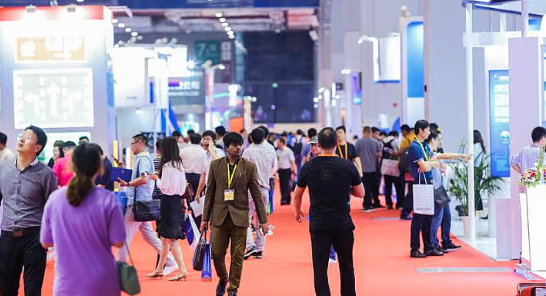
Two such professionals who are playing active roles in the event are the Eindhoven University of Technology’s general manager of the Eindhoven Artificial Intelligence Systems Institute, Carlo van de Weijer and Chris Bruntlett, International Relations Manager of the Dutch Cycling Embassy. Across the two days of the impressive Conference Programme, both Carlo and Chris will be giving you the benefits of their wisdom – everything you ever wanted to know about AI and cycling but were too afraid to ask.
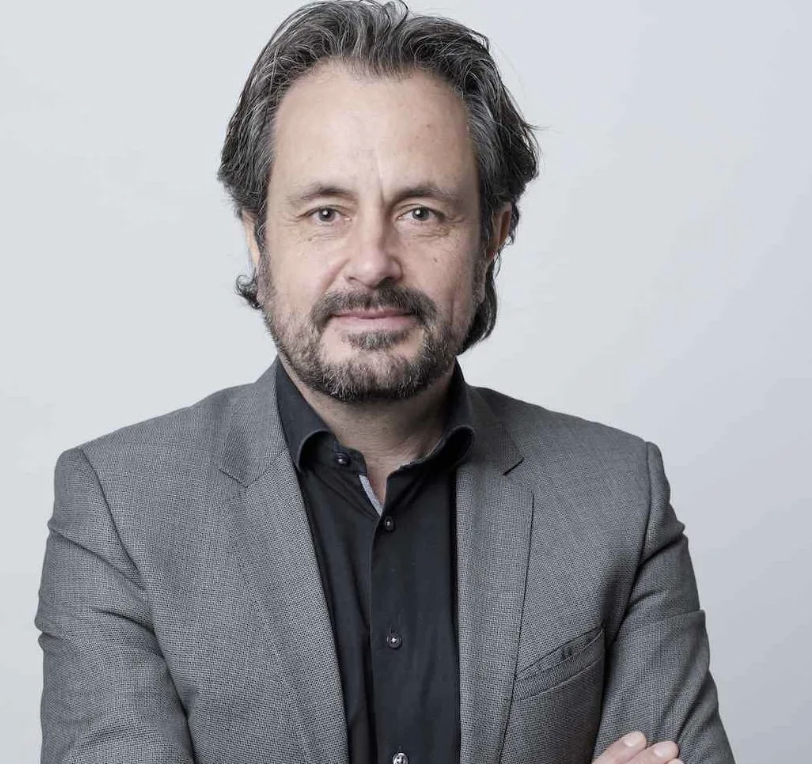
Intertraffic: The overlap between Artificial Intelligence and Smart Mobility is where a lot of the interest in those two subjects lies. It’s the topic of your Opening Ceremony presentation, so can you give our readers a sneak preview into what you’ll be talking about?
Carlo van de Weijer: I think that the overlap between AI mobility is interesting and widespread. There's a lot you can do with it, depending on how much data you have and are allowed to have. For instance, if you can trace all the movements of your pedestrians and public transport passengers, which a lot of countries can, and trace your cars with floating car data, there is an explosion of data. You can also be confident that the data is all usable in order to optimize your traffic flow, your logistics, your everything. You know, if you have knowledge of money, there's a big bunch of people over there, and I know they have to be there in the evening, and there's a concert over there and it's raining, so probably there will be all this kind of information. It's such a complex thing that we already drastically improved in the last 15 years, because a lot of people forget that not that long ago we didn't have navigation systems, so nobody had actually a clue what their arrival time was.
"I think that the overlap between AI mobility is interesting and widespread. There's a lot you can do with it, depending on how much data you have and are allowed to have."
So that's one overlap. The other is dynamic traffic management – AI-powered data that has the ability to make the traffic change direction, or move in a certain way. It's moved to a kind of self-steering system of well-informed individuals, where everyone is will choose their own way. Now, in principle, this would lead to a completely full desktop of the traffic if everybody chooses for that ‘individual optimum’. So you have to do some kind of management. But actually you see in practice that because everybody's informed, they do the wise thing and do not look for congestion. You see in practice that it's an excellent way of optimizing traffic.
Intertraffic: How far do you think AI can take the act of driving away from humans, in the long run?
Carlo van de Weijer: We will have machines that drive better than humans. I don't think we're there yet exactly, but we're approaching that scenario where we actually could move to inherently safer vehicles. And it doesn't have to be yourself fully self-driving car, either. You can also have this technology in cars that are driven by people, making sure that you don't make a mistake and cause and accident.
Intertraffic: Why do you think China is such an open market for AI-powered solutions? Is it more open to looking at the potential of new technology than perhaps Europe generally is?
Carlo van de Weijer: China is developing very quickly, there’s no question about that. The number of cars is now really exploding but, maybe, they can prevent making the mistakes that have been made by countries that already have a higher amount of car ownership. That's probably what's happening in European cities, moving away from car possession to being more bike friendly. Personally I think bikes are a real big competitor to public transport, for instance. So in cities, people choose either bikes or public transport. The car is not beatable, but you better invest a lot in bikes than in public transport, because it makes the city much more beautiful and safer and cleaner.
"China is developing very quickly, there’s no question about that. The number of cars is now really exploding but, maybe, they can prevent making the mistakes that have been made by countries that already have a higher amount of car ownership."
You see now in Mexico City, for instance, and also in Chinese cities, you see an immense investment in bike friendly systems. So cycle-oriented development, that's the thing, where China can leapfrog everyone else provided they don't make the same mistakes as we made in Europe in the last 50 years.
HELPING CHINA GET BACK IN THE SADDLE

Intertraffic: Chris, the Dutch Cycling Embassy have a very important role to play at this year’s Intertraffic China. Would you care to explain how it’s going to play out?
Chris Bruntlett: it's much bigger than just a single presentation. We actually have a full half-day symposium planned with the folks at Intertraffic and their knowledge partners in China on the topic of cycling. They have a knowledge partner in Shanghai, the Chinese Academy of transportation scientists, and they had a specific request for them to initiate a knowledge exchange with the Netherlands.
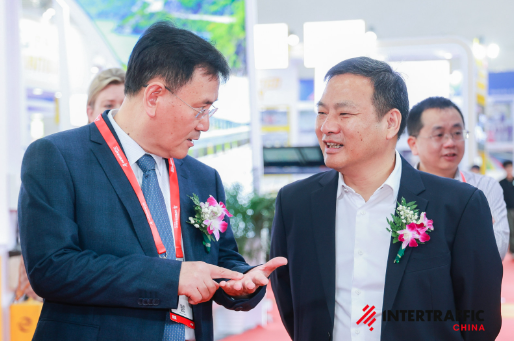
Cycling in China specifically has really exploded post-pandemic, and I think they're really struggling with a significant growth in ridership. The infrastructure is struggling to keep up with the demand, let's say. And so they wanted to initiate a conversation, an exchange of ideas of best practices through this half-day summit to hopefully begin a longer term knowledge exchange over several years. The plan is to give them some ideas and some tools and some inspiration to create not just better cities for cycling, but better cities for living… and all the intangible benefits that come with just having fewer cars in the city.
"The plan is to give them some ideas and some tools and some inspiration to create not just better cities for cycling, but better cities for living… and all the intangible benefits that come with just having fewer cars in the city."
The symposium is entitled Modern Micromobility Systems Make For Better Living. It is on April 29 from 9am until 12pm and it will be a series of keynote speeches by the likes of myself and some Chinese experts.
Intertraffic: Would you say that’s your main reason for coming to Shanghai?
Chris Bruntlett: China's quite interesting as an example, because it was famously a cycling nation, and then as it industrialized and modernized it abandoned the bike and adopted the car as its main mode of transportation and development and designed its cities around the car. And now it's kind of rediscovering the bicycle again as a tool to create more liveable cities and and so we hope we can help facilitate that transition, that second transition, back to cycling through what has been learned here in the Netherlands over the past several decades.
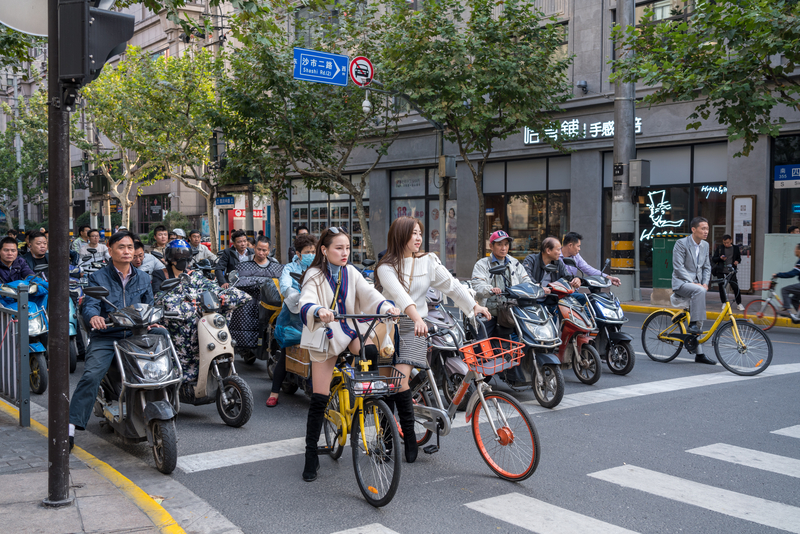
"China's quite interesting as an example, because it was famously a cycling nation, and then as it industrialized and modernized it abandoned the bike and adopted the car as its main mode of transportation and development and designed its cities around the car."
Intertraffic: In terms of the Symposium, who are you expecting to attend? What’s the make-up of your ideal audience?
Chris Bruntlett: The intention is to have a broad cross section of the cycling sector in the room. So we want government officials, we want private sector manufacturers, producers, consultants, policy makers. And the hope is, by starting to share some of these best practices through keynotes, through panel discussions, through a roundtable discussion at the very end, that we can come away with some concrete steps that Chinese cities can take in accommodating for this cycling traffic and a bit of a more structured agreement about what that looks like moving forward between the Dutch side and the Chinese side. What's interesting is we've heard that Chinese cities are already mimicking best practice from the Netherlands. And so this is just formalizing what is already informally being done.
We work with dozens of countries around the world every year, but the form of the exchange is always different. Sometimes they come to the Netherlands for inspiration, for a study visit, and do some cycling and do some learning. And then we also travel to these places, bringing the Dutch expertise with us, but it's always context specific. It's not about copying and pasting whatever Amsterdam has achieved. It's really finding out what that country or that city where the knowledge gaps are is struggling with and then trying to come up with a program that's going to have the maximum impact and help them get to where they want to go.
In this case, I would say China is probably quite far along in terms of getting people out on the street cycling, versus somewhere like Miami where we were earlier in the year. Almost nobody sees cycling as a viable mode of transportation in Miami. It really depends on the level that that city is at, and then we can kind of plug in the support - it can be a short-term exchange, it can be long-term. It's really kind of tailor made to the local partner.
Carlo van de Weijer is participating in the Opening Plenary Session on 28 April.
The Dutch Cycling Embassy’s half-day symposium Modern Micromobility Systems Make For Better Living takes place on 29 April between 9pm and 12pm.
Share your story
Do you have an innovation, research results or an other interesting topic you would like to share with the professionals in the infrastructure, traffic management, safety, smart mobility and parking industry? The Intertraffic website and social media channels are a great platform to showcase your stories!
Please contact our Sr Brand Marketing Manager Carola Jansen-Young.
Are you an Intertraffic exhibitor?
Make sure you add your latest press releases to your Company Profile in the Exhibitor Portal for free exposure.
.png?h=400&iar=0&w=1400)
